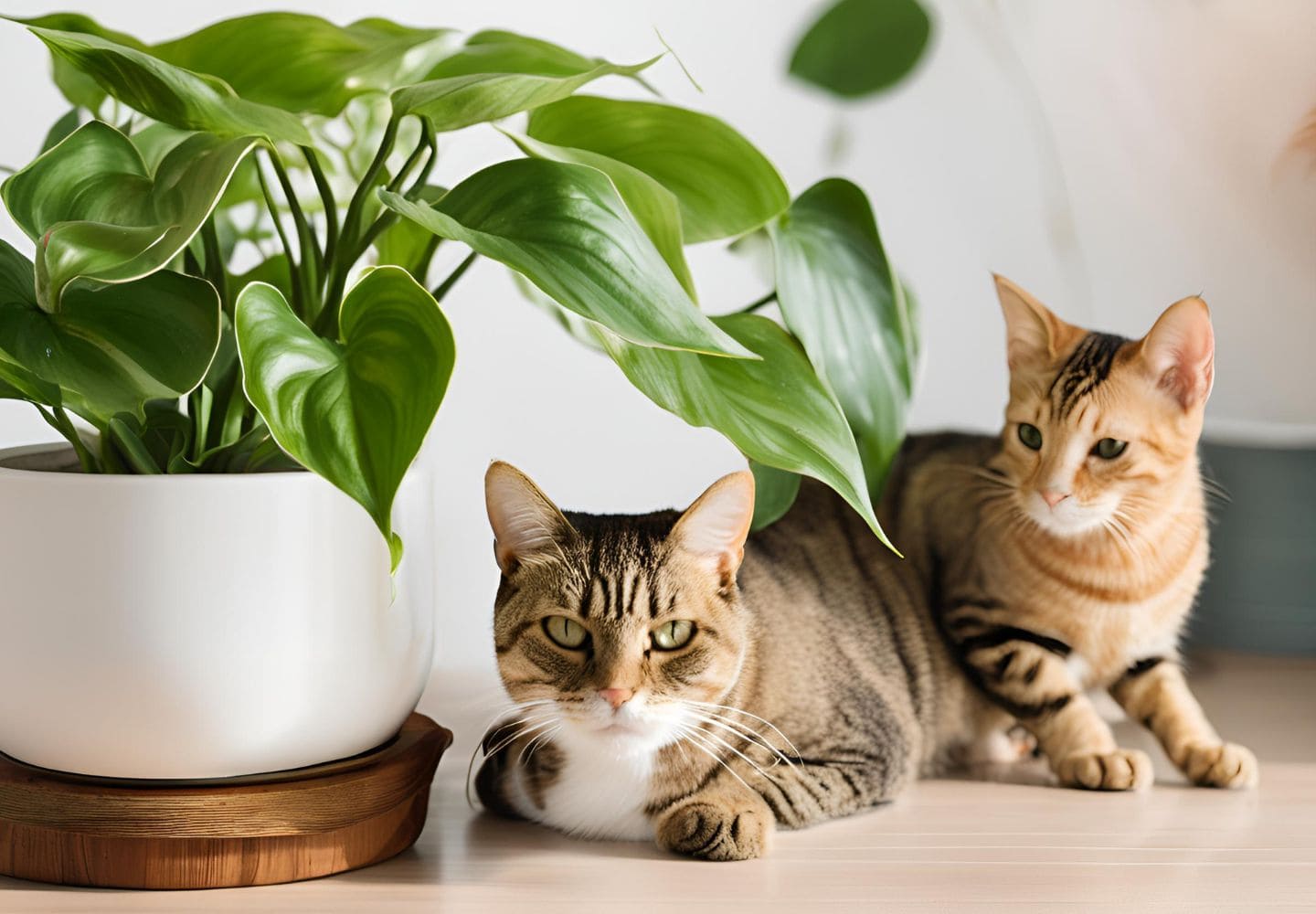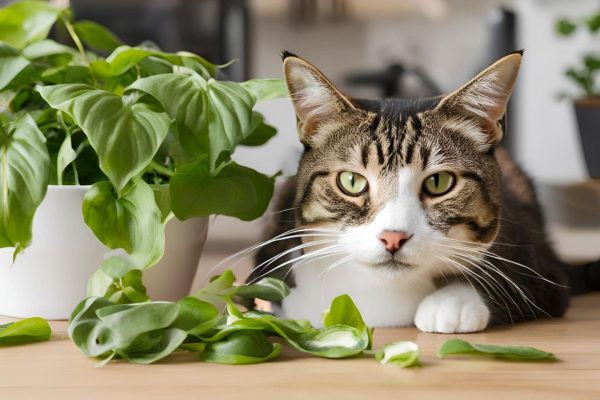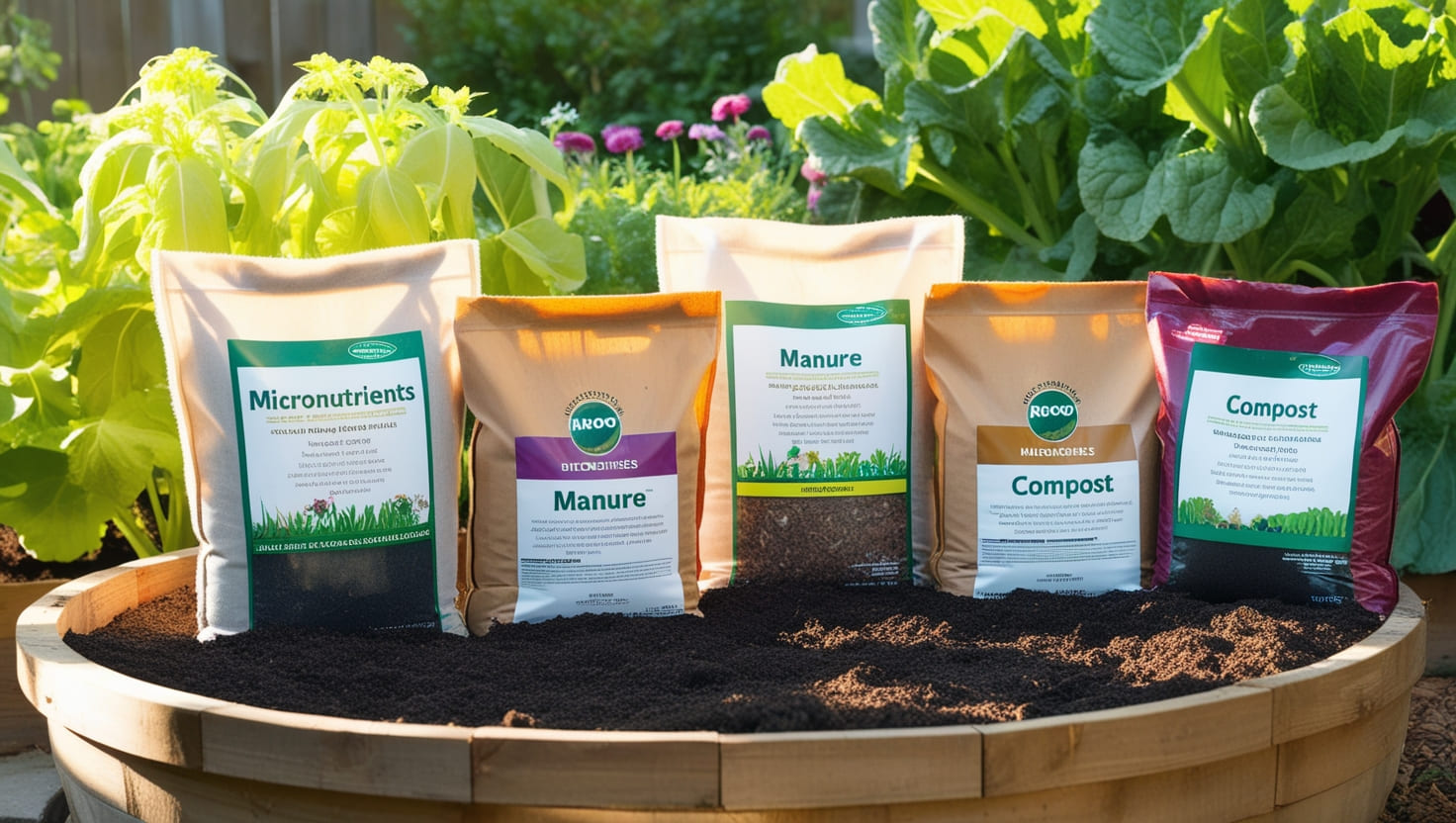
Introduction
Pothos plants, also called Devil’s Ivy are popular houseplants because of their bright green leaves and easy care. Nevertheless, as a cat owner you might be worried is Pothos save to have if you own the plant. The question- Are Pothos toxic to cats? very important for the health of your cat friends.
In this article, we will discuss the various ways Pothos plant is toxic to cats and what signs of poisoning to look out for as well as how you can make sure your cat does not consume it. We will also explore further expert opinions and direction for the future research in plant toxicity.
Understanding Pothos Plants
What are Pothos?
Pothos (Epipremnum aureum) are trailing vines with heart-shaped leaves. Although originally from the Solomon Islands, this plant does well in indoor conditions that have made it a mainstay among houseplant lovers.
Common Varieties of Pothos
Some popular Pothos varieties include the Golden Pothos, Marble Queen, and Neon Pothos. Each variety has unique leaf patterns and colors, contributing to their widespread appeal.
Why Pothos are Popular Houseplants
Pothos are easy to care for, tolerate low light levels and can grow in water or soil. Because of their versatility and beauty, they have become the go-to choice for new plant owners all the way to advanced enthusiasts.
Toxicity in Pothos
| Aspect | Details |
|---|---|
| Plant Name | Pothos (Epipremnum aureum) |
| Common Names | Devil’s Ivy, Golden Pothos, Marble Queen |
| Toxic Component | Insoluble calcium oxalates |
| Affected Species | Cats (also toxic to dogs) |
| Symptoms in Cats | Oral irritation, drooling, vomiting, difficulty swallowing, pawing at the mouth |
| Severity | Mild to moderate |
| Treatment | Rinse mouth with water, offer milk/yogurt, seek veterinary care for severe symptoms |
| Prevention | Keep Pothos plants out of reach, use hanging planters, consider cat-safe plants |
| Alternatives | Spider Plant, Areca Palm, Boston Fern |
What Makes Pothos Toxic?
Pothos plants are toxic to cats, as they contain insoluble calcium oxalate crystals. If swallowed, these crystals can cause mouth-to-throat irritation or stomach inflammation.
Specific Toxic Components
Poison in money plants is mostly Calcium Oxalate, a needle-shaped crystal. These crystals will get deposited on the soft tissue of mouth and GI tract causing pain.
To What Extent Are Pothos Toxic to Cats?
Pothos Poisonings — An unlikely killer by Becky Harris But it can cause discomfort and other health-related issues for cats Symptoms can vary from mild discomfort to more significant gastrointestinal issues.

Symptoms of Pothos Toxicity in Cats
Early Signs of Ingestion
Symptoms of Pothos toxicity include drooling, salivation, oral pain and difficulty swallowing. In cats, they may also become anorexic and generally uncomfortable.
Important severe symptoms to watch out for
In more advanced stages, cats might have nausea and vomiting or even swelling of the tongue/mouth/face with difficulty breathing. Most importantly, if your dog experiences any of the following symptoms or conditions it is advised to seek medical attention post-haste.
When to Consult a Vet
Pothos is highly toxic to cats, if you suspect this in your cat contact a vet immediately. Symptoms that catch early can be treated and treatment also help in preventing complicacies.
Preventing Pothos Toxicity
Safe spot in your home for Pothos
To keep Pothos plants out of reach for your cat, be sure to put them up high and inside hanging baskets. Keep it out of reach even if your cat is athletic
Alternative Pet-Safe Plants
To keep Pothos out of the house, consider switching to some pet-friendly options like Spider Plants, Boston Ferns or Areca Palms. And you get many of the decorative benefits with some rubber plants in similar forms sans such toxicity.
Training Cats to Avoid Houseplants
It might seem difficult to train a cat not to dig in your houseplants, but persistency pays off. You can also use deterrents like citrus sprays or double-sided tape around the plant’s base to stop your cat from getting close.

What to Do if Your Cat Eats Pothos
Immediate Actions
If you think that your cat has consumed Pothos, wipe out any pieces of the plant in its mouth and give it water Do not induce vomiting unless instructed by a veterinarian
Veterinary Treatment Options
Treatment might include giving activated charcoal to absorb some of the toxins, IV fluids or treatment for symptoms such as swelling or pain; if you are concerned about your pet then please make sure they receive veterinary care straight away! The treatment will vary depending on the severity of symptoms.
Long-term Care After Ingestion
After the first treatment, your cat should be monitored for persistent signs and home care guidelines should the veterinarian determine this is needed. Few cats complete a course of treatment in good condition, and continuing care is crucial.
Expert Insights
Veterinarian Opinions on Plant Toxicity
Pothos is a typical houseplant that veterinarians say can be toxic to animals. They stress the importance of knowing about potential dangers and taking steps to keep your pet safe.
Examples of Pothos Poisonings
Listed below are a few case studies that illustrate what kind of effects Pothos toxicity can have on our kitties. Some cats exhibit minor signs, while others can have more severe reactions depending upon the amount that was eaten.
Future Outlook
Ongoing Research about the toxicity of houseplants to pets
To this date, research is still being completed to assess the toxicity of numerous houseplants and eventually come up with safer options for pet owners. One of the vital efforts is developing less toxic plant varieties by breeding.
Potential Development of Pet-Safe Plant Varieties
In the future, we may see the development of Pothos or similar plants that are non-toxic to pets, allowing cat owners to enjoy their beauty without concern.
Conclusion
Cats: Pothos in well-known as toxic to cats, primarily due to calcium oxalate crystals. Ingestion symptoms can vary in severity and usually require immediate veterinary care.
Pothos is a lovely and common houseplant but cat owners beware! Opt for safer alternatives or make sure your Pothos is kept in a place where children do not have access to. Be in the know, and be prepared to protect your kitties from common household plants.




